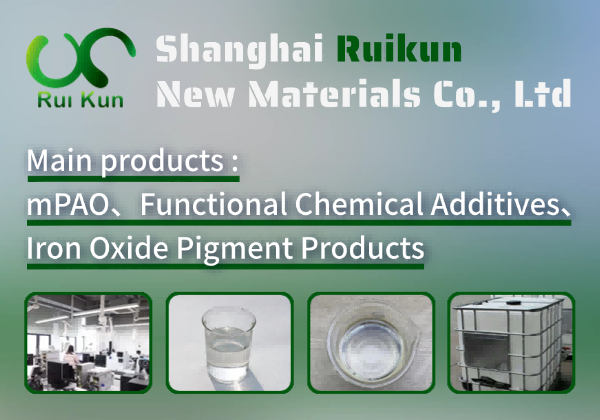What is citric acid
**Introduction to Citric Acid** Citric acid is a weak organic acid naturally found in citrus fruits like lemons, oranges, and limes. It is widely used as a food additive (E330) for its sour taste, preservative qualities, and pH-balancing properties. Beyond the food and beverage industry, it serves as a cleaning agent, cosmetic ingredient, and water softener due to its chelating ability. Produced commercially through microbial fermentation, citric acid is valued for its safety, biodegradability, and versatility. Whether enhancing flavors, extending shelf life, or removing limescale, this multifunctional compound plays a vital role in household, industrial, and pharmaceutical applications. Its mild yet effective nature makes it a staple in everyday products.
Preparation Process: Citric acid is primarily produced through microbial fermentation using strains of *Aspergillus niger*. The process begins with a carbohydrate source, such as molasses or glucose, which is sterilized and inoculated with the fungus. Fermentation occurs under controlled conditions (pH 5–7, 25–30°C) for 5–10 days. The fungus metabolizes the sugar to produce citric acid, which is secreted into the broth. After fermentation, the biomass is removed by filtration, and the liquid is treated with calcium hydroxide to precipitate calcium citrate. The precipitate is filtered, washed, and reacted with sulfuric acid to release citric acid. The solution is purified via activated carbon, concentrated, and crystallized to obtain pure citric acid.
Usage Scenarios: Citric acid is widely used as a natural preservative and flavor enhancer in food and beverages, particularly in soft drinks, candies, and jams. It acts as an acidulant, providing a tart taste and stabilizing pH levels. In pharmaceuticals, it serves as an excipient in effervescent tablets and syrups to improve solubility and absorption. Industrially, it is employed in cleaning agents for its chelating properties, removing hard water stains and rust. Cosmetics utilize it as an antioxidant and pH adjuster in skincare products. Additionally, citric acid aids in water softening, metal cleaning, and as a descaling agent in boilers and coffee makers.
citric acid Basic Info
citric acid Price
- **United States**: $1.50 - $3.00 per kg
- **China**: $0.80 - $1.50 per kg
- **Russia**: $1.20 - $2.50 per kg
- **Germany**: $1.80 - $3.20 per kg
- **India**: $0.90 - $1.80 per kg
- **Japan**: $2.00 - $3.50 per kg
- **Brazil**: $1.50 - $2.80 per kg
- **South Korea**: $1.70 - $3.00 per kg
- **Philippines**: $1.20 - $2.50 per kg
- **United Kingdom**: $1.80 - $3.20 per kg
- **France**: $1.80 - $3.20 per kg
- **Mexico**: $1.30 - $2.50 per kg
- **Canada**: $1.50 - $3.00 per kg
- **South Africa**: $1.20 - $2.50 per kg
- **Egypt**: $1.00 - $2.20 per kg
- **Turkey**: $1.10 - $2.30 per kg
- **Thailand**: $1.00 - $2.00 per kg
- **Indonesia**: $0.90 - $1.80 per kg
If no specific data is available for a country, it is marked as "No results." Prices are approximate and subject to change.



